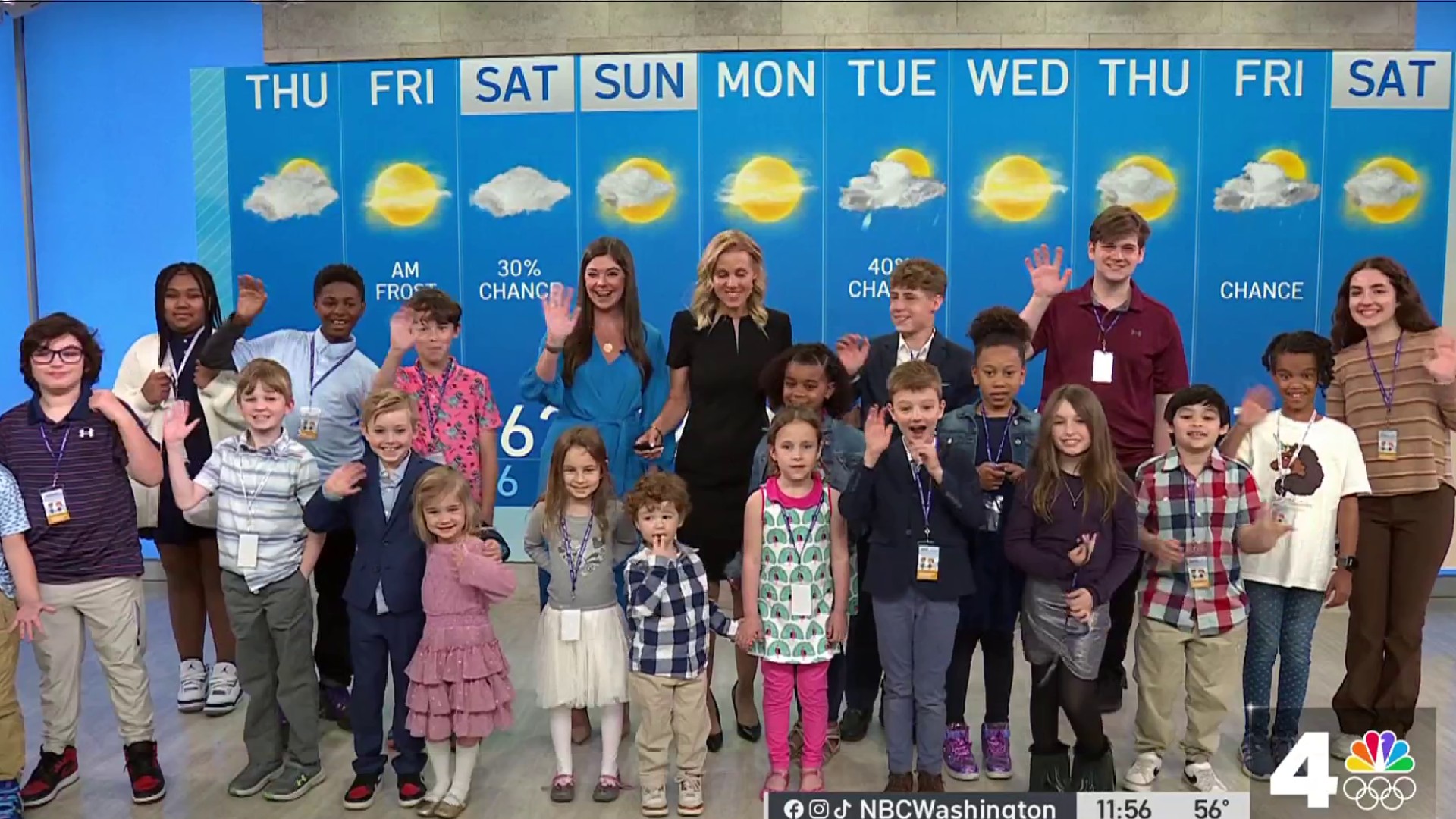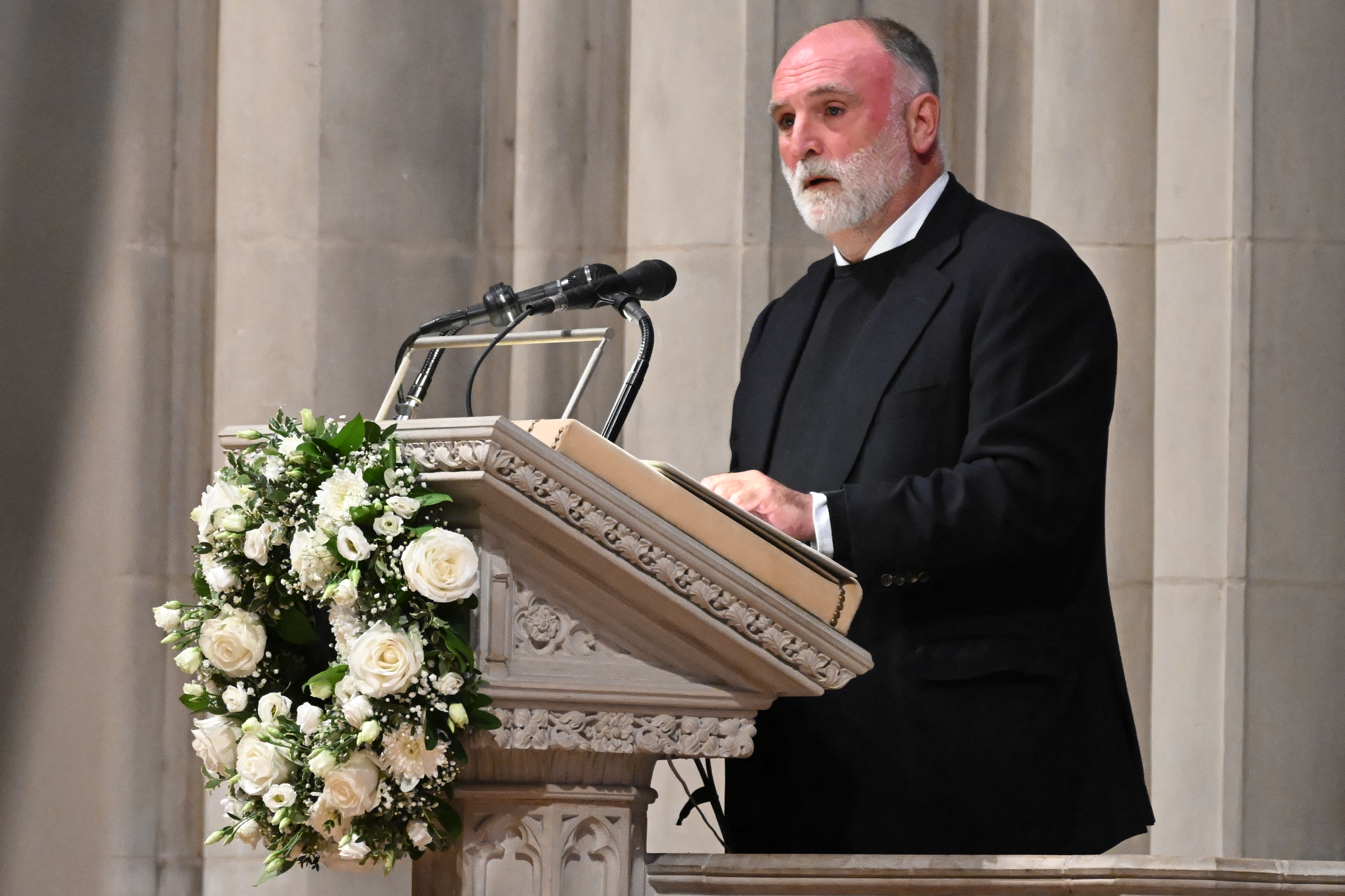A new bill making its way through the Maryland legislature would offer small business loans and training to Maryland residents who were formerly incarcerated and want to start businesses. Returning citizens say it would have a major impact on their lives and communities.
Monica Cooper, of the Maryland Justice Project, said she found it tough to find work after serving time in prison.
“I figured at least if I had bachelor's degree going in the door, that may be helpful, but that didn't help. It was still difficult,” she said.
Qiana Johnson, of Life After Release, said she lived with her mother in her basement for a year as she looked for a job.
We're making it easier for you to find stories that matter with our new newsletter — The 4Front. Sign up here and get news that is important for you to your inbox.
Both women found work in the nonprofit sector helping returning citizens like themselves, and both would like to become their own bosses.
“I'm looking to start a solar energy company,” Cooper said.
That’s the type of dream the New Start Act aims to make a reality, as getting a loan with a criminal record is not easy.
Local
Washington, D.C., Maryland and Virginia local news, events and information
Del. Jazz Lewis of District 24 introduced the bill. It would provide micro business loans to qualified formerly incarcerated Marylanders of up to $50,000 per business idea.
“We know that 90 percent of the people who get incarcerated are coming home, and we also know that it's very difficult for people who have a criminal conviction on their record to gain gainful employment,” Lewis said.
The delegate said he hopes the bill would help returning citizens start businesses, support their families and communities, and hire others.
The bill also calls for training in business marketing and management. It passed in the Maryland House. The Senate hearing is expected to get a committee hearing soon.
Other states have similar initiatives. State legislators are hoping to have a half-million dollars dedicated to the program. Sen. Ben Cardin tried to pass the act on a federal level, but it failed.
If passed, Cooper and Johnson hope to see doors open.
“I can create a way for myself, and I can create a way for people who look like me,” Cooper said. “All I need is a chance.”



